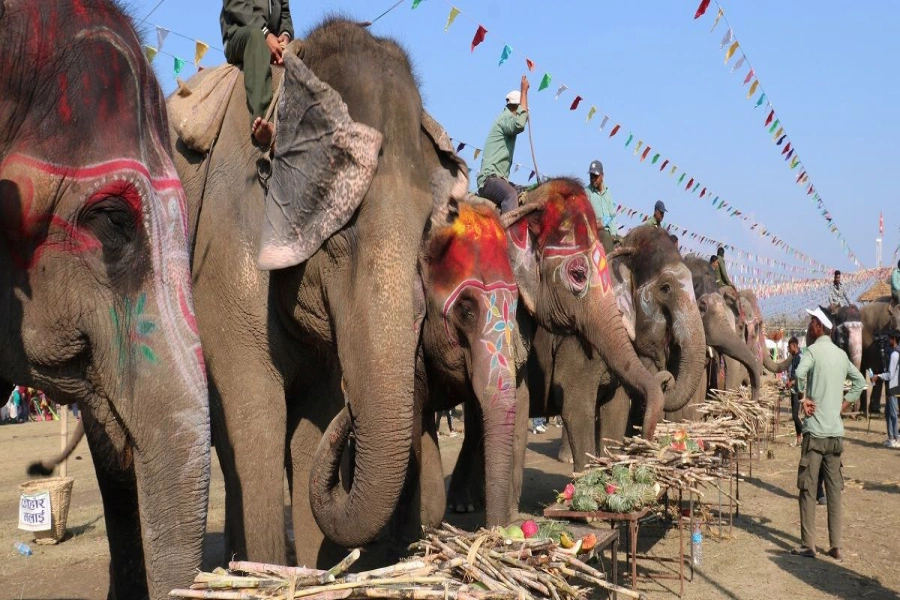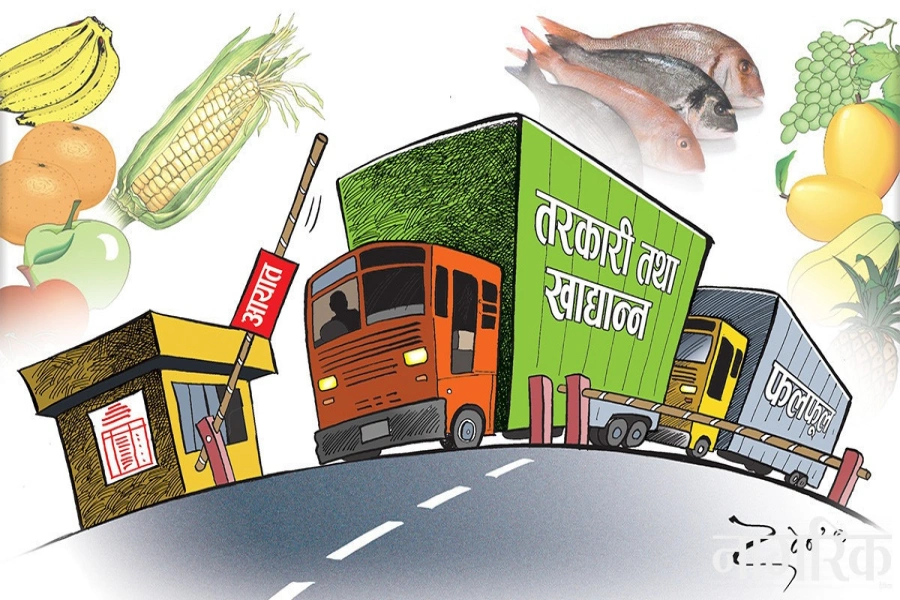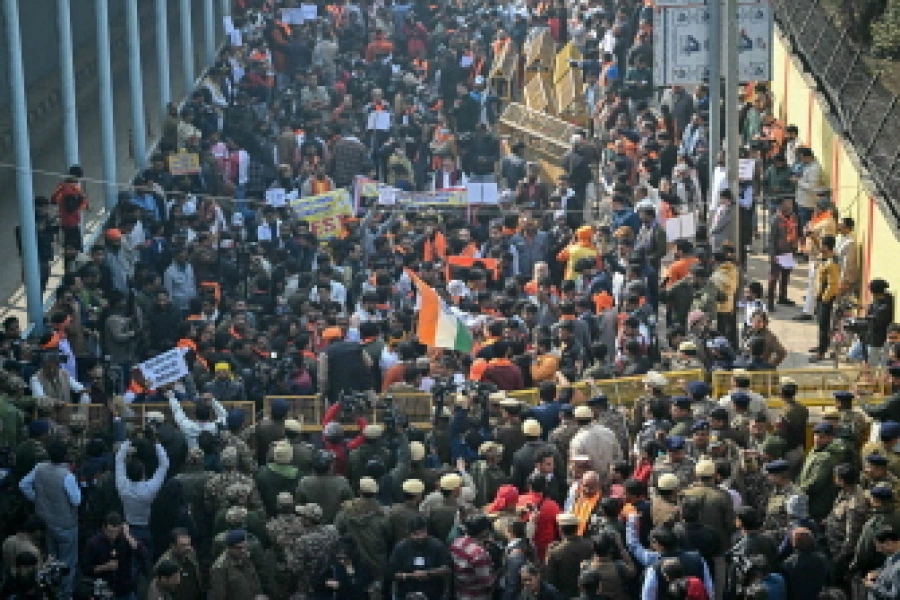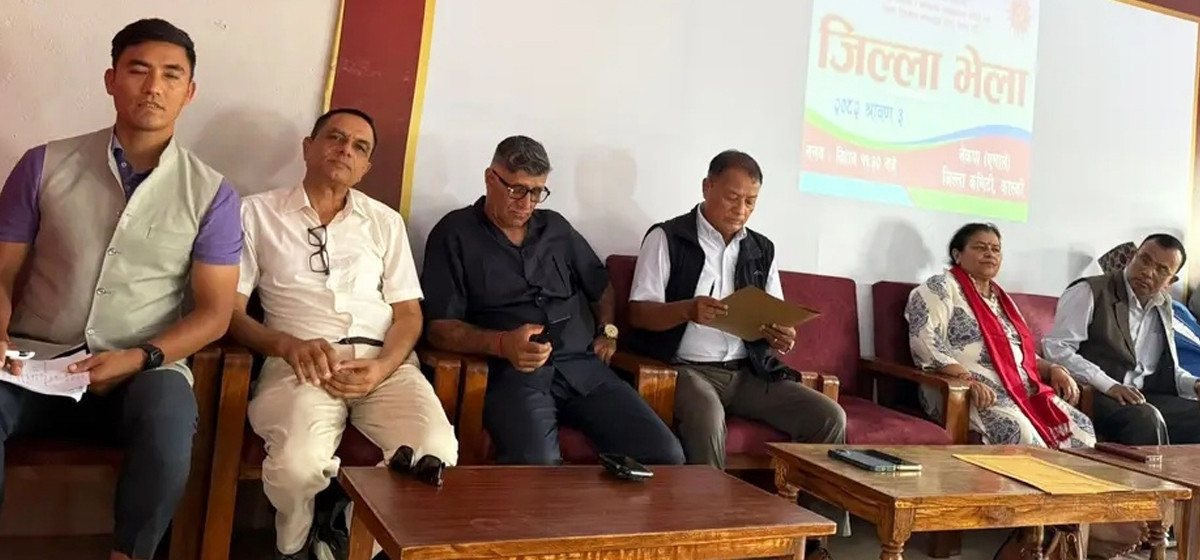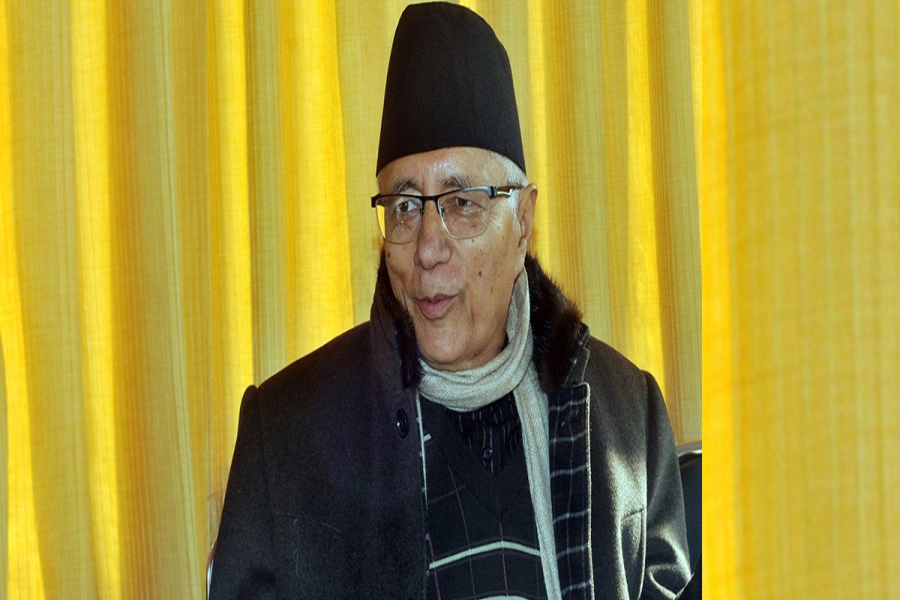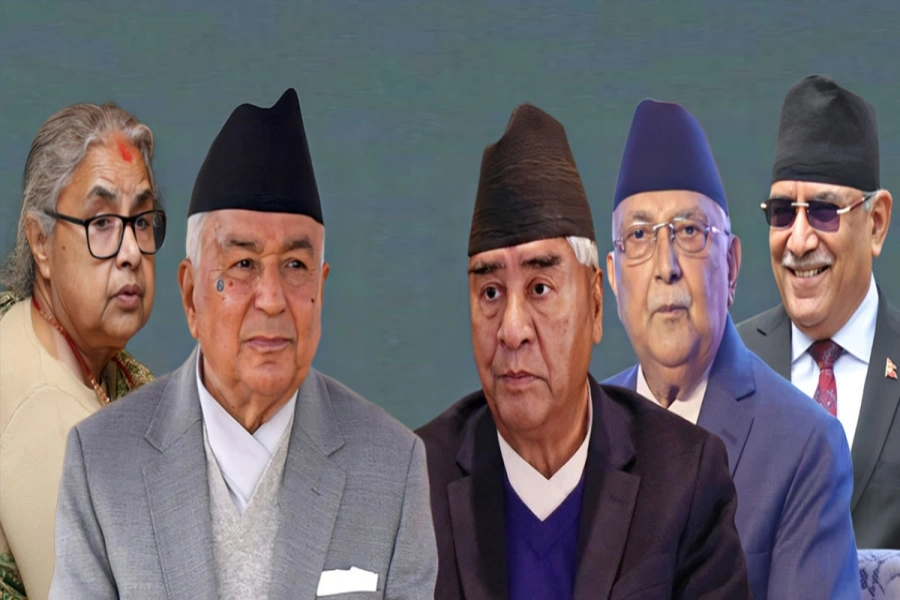Nepal should be cautious about possible fallout of Western strategy to counter China by using South Asia, including Nepal and India
Global power is shifting from the West to Asia, gradually wearing down hegemony of Europe and America. It is likely to further wear down in the future, generating great sense of anxiety among the Western powers. No wonder the West might use all their efforts to stall it—including by generating conflict as an alternative tool. This is why countries in South Asia, including Nepal, need to smartly deal with the West in their foreign policy conduct.
The West is looking up to India because their interest of countering the rise of Asia cannot be served by any other other country like Japan or South Korea. The West might look to incite conflict in Asia by using Nepal’s soil against Tibet, disputed border area to set China against India, China’s immediate neighbors against China, or any other card for that matter. Recently, explosion in India-controlled Kashmir killed at least 40 Indian troops. This is the deadliest attack on security forces in the region in the last 30 years. Following this, India and Pakistan are in war at the moment. This situation could be used to trigger physical confrontation between India and Pakistan, which will provide space for the West to play in South Asia.
India is strategic country for the West. So they occasionally scratch the wound of discord between India and China. Understandably, China and India are long time rivals, with prolonged border disputes and cultural, political and ideological differences. India cherishes its ambition to emerge as a stronger power to counter China. But India still is struggling against slow development. It seems to believe that it can speed up its development through Western support but this is simply not going to happen.
Historically, Western powers have used one country against other and then forsaken the same country once their interests are served. They might do the same with India. But though the West might be able to fuel unrest in India it cannot do the same to China, for China is a united country in every sense.
Speed up testing

Eyes on Nepal
It is obvious that Western powers have not always worked for the good of Nepal. They tend to harbor bad intentions and there is a historical reason behind this. King Prithvi Narayan Shah’s unification stalled the British ambition of making Nepal their colony and thereby establishing free access to China.
Now that China has emerged as a global power by countering the Western influence, the West thinks Nepal is responsible for their decline of power and influence in this region.
Then US State Secretary Henry Kissinger comments in one of his books that if the Gorkhalis had not stalled the British from reaching out to Tibet through Nepal, China would not remain as strong as it is now.
We need to look into current situation of Nepal from this prism. The current problem gnawing Nepal stems from the aspects of power struggle described above. Their intention seems to be to use the fragile geopolitical strategic location of Nepal to destabilize Tibet and thereby to put China in trouble. In order for this strategy to work, they might use Nepal as a playground.
It is important to understand how Nepal came to be preferred site for the Western powers to serve their strategic interests. The West thinks Nepal is under India’s sphere of influence and considers India as their favorable ally. Besides, there are several passes to Tibet from Nepal and there are a good number of Tibetan refugees who can be provoked against China. And since the country has the communist government, it can be projected as being cordial to China and inimical to the West. With corrupt politicians and bureaucrats and poor citizens, and with a number of Nepali intellectuals ready to work as “fifth columnist” for the West for money, they see Nepal as the suitable site to stall rise of Asia.
Maoist revolution, Royal massacre and 12-point pact all have some foreign elements in them. Look at where the policies claimed to be the best have taken us. Neoliberalism is leading to economic collapse, foreign employment is emptying potential human resources from the country, UML party turned into a network of NGOs, Maoist rebellion weakened social infrastructures, palace massacre created political vacuum and 12-point agreement invited open foreign direct intervention.
In the name of state structuring, the country has been pushed into disunity. Look at the nation vs state debate, states with ethnic and regional a status. This could ultimately become a recipe for disintegration.
There has been constant erosion on Nepal’s history, culture and language. In the name of state restructuring, attempts have been made to defame unification of Nepal by Prithvi Narayan Shah. None other than Western organizations are in this mission. Troublingly this is happening in India as well but India does not seem to have understood the gravity of this situation.
It is likely that the West will use Nepal’s Tarai to fuel discontent. Nepal should be cautious about possible fallout of Western strategy to counter China by using South Asia, including Nepal and India. Nepal needs to rethink its long held equidistance foreign policy and consider India, China, Europe and America as four pillars of its foreign engagement. Nepal should realign its security policies by keeping the new emerging challenges in mind. We need to ensure that Nepal does not become a pawn in grand strategy of the West. Nepali leaders should be able to wisely read the writing on the wall.
The author, retired Brigadier General of Nepal Army, has Master’s Degree in International Security from Cranfield University, UK
basnyatp@hotmail.com



